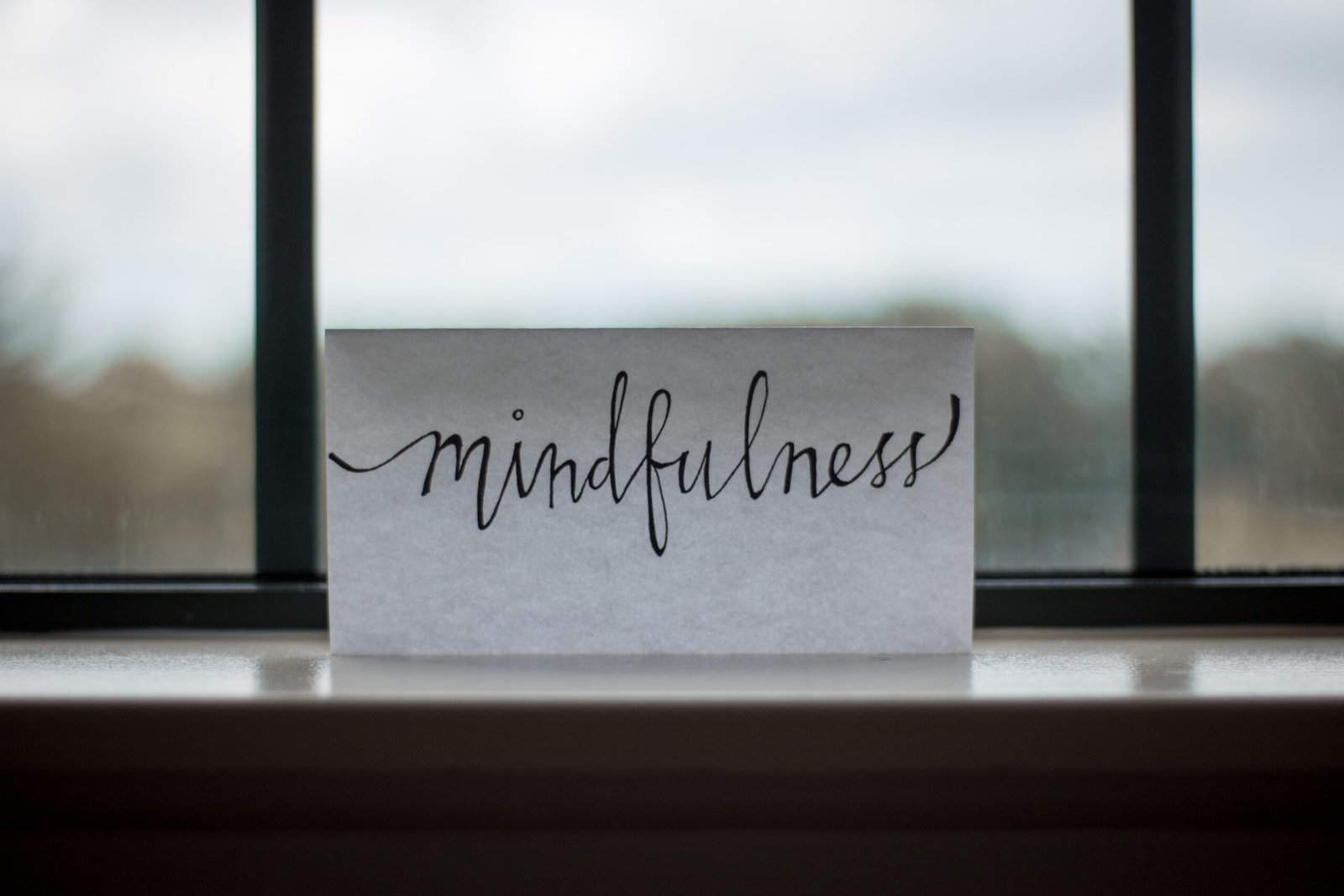Top 10 Stress Management Techniques for a Balanced Life
Stress has become an inevitable part of our modern lives. Whether it’s due to work pressures, personal relationships, or the fast-paced nature of our society, stress can take a toll on our physical and mental well-being. The good news is that there are effective stress management techniques that can help us regain control and find balance in our lives. In this blog post, we will explore the top 10 techniques for managing stress and living a more fulfilling life.
1. Practice Mindfulness
Mindfulness is the practice of being fully present in the moment and non-judgmentally aware of our thoughts, feelings, and sensations. By cultivating mindfulness through techniques such as meditation and deep breathing exercises, we can reduce stress and increase our overall well-being. Taking just a few minutes each day to focus on our breath and observe our thoughts can make a significant difference in managing stress.
2. Engage in Regular Physical Activity
Exercise is not only beneficial for our physical health but also for our mental well-being. Engaging in regular physical activity, whether it’s going for a walk, practicing yoga, or participating in a sport, can help reduce stress and improve our mood. Exercise releases endorphins, also known as the “feel-good” hormones, which can boost our overall sense of well-being and help us better cope with stress.
3. Prioritize Self-Care
In our busy lives, it’s essential to prioritize self-care. This means taking the time to engage in activities that bring us joy and relaxation. Whether it’s reading a book, taking a bubble bath, or spending time in nature, self-care activities can help us recharge and reduce stress. Remember, self-care is not selfish; it’s necessary for our overall well-being.
4. Establish Healthy Boundaries
Setting boundaries is crucial for managing stress and maintaining healthy relationships. Learning to say no when we feel overwhelmed or when a request doesn’t align with our values is a powerful way to take control of our stress levels. By establishing healthy boundaries, we can create space for self-care and prioritize our well-being.
5. Practice Time Management
Effective time management can significantly reduce stress. By prioritizing tasks, setting realistic goals, and creating a schedule, we can better manage our time and avoid feeling overwhelmed. Breaking tasks into smaller, manageable steps can also help us stay focused and reduce stress.
6. Foster Supportive Relationships
Having a strong support system is essential for managing stress. Surrounding ourselves with supportive friends and family members can provide a sense of belonging and comfort during challenging times. It’s important to nurture these relationships and seek support when needed.
7. Incorporate Relaxation Techniques
Relaxation techniques, such as deep breathing exercises, progressive muscle relaxation, and guided imagery, can help us relax our bodies and calm our minds. Taking a few minutes each day to practice these techniques can reduce stress and promote a sense of peace and tranquility.
8. Get Sufficient Sleep
Adequate sleep is crucial for our overall well-being and stress management. Lack of sleep can make us more susceptible to stress and can negatively impact our mood and cognitive function. Prioritize getting 7-9 hours of quality sleep each night to support your body and mind in managing stress effectively.
9. Practice Gratitude
Cultivating an attitude of gratitude can shift our focus from what’s causing us stress to what we appreciate in our lives. Keeping a gratitude journal or simply taking a few minutes each day to reflect on the things we are grateful for can help us maintain a positive outlook and reduce stress.
10. Seek Professional Help if Needed
If stress becomes overwhelming and starts affecting our daily lives, it’s essential to seek professional help. A therapist or counselor can provide valuable guidance and support in developing personalized strategies for managing stress. Remember, seeking help is a sign of strength, and there are resources available to assist you.
Conclusion
Managing stress is crucial for maintaining a balanced and fulfilling life. By incorporating these top 10 stress management techniques into our daily routine, we can regain control, reduce stress, and improve our overall well-being. Remember to prioritize self-care, seek support when needed, and practice gratitude. By taking proactive steps to manage stress, we can lead happier, healthier lives.
FAQs
Q: How long does it take to see the benefits of practicing mindfulness?
A: The benefits of practicing mindfulness can vary from person to person. Some individuals may start experiencing the benefits within a few weeks, while others may take longer. Consistency and regular practice are key to reaping the rewards of mindfulness.
Q: Can exercise really help reduce stress?
A: Yes, exercise has been shown to reduce stress levels. Physical activity releases endorphins, which are natural mood boosters. Regular exercise can improve your overall well-being and help you better cope with stress.
Q: How can I establish healthy boundaries?
A: Establishing healthy boundaries involves clearly communicating your needs and limits to others. It’s important to be assertive and say no when necessary. Remember, setting boundaries is essential for your well-being.
Q: What are some relaxation techniques I can practice?
A: Some relaxation techniques you can practice include deep breathing exercises, progressive muscle relaxation, guided imagery, and meditation. Find what works best for you and incorporate it into your daily routine.
Q: When should I seek professional help for stress?
A: If stress becomes overwhelming and starts interfering with your daily life, it’s important to seek professional help. A therapist or counselor can provide guidance and support in developing personalized strategies for managing stress.
Tips
- Start with one or two stress management techniques and gradually incorporate more into your routine.
- Find a support group or community that shares your interests and values.
- Practice self-compassion and be patient with yourself as you navigate stress management.
- Experiment with different relaxation techniques to find what works best for you.
- Remember to prioritize self-care and make it a non-negotiable part of your routine.
Remember, managing stress is an ongoing process. Be kind to yourself and celebrate your progress along the way. By implementing these stress management techniques, you can create a more balanced and fulfilling life.
Don’t keep these techniques to yourself! Share this article with others and help them discover effective stress management strategies.









